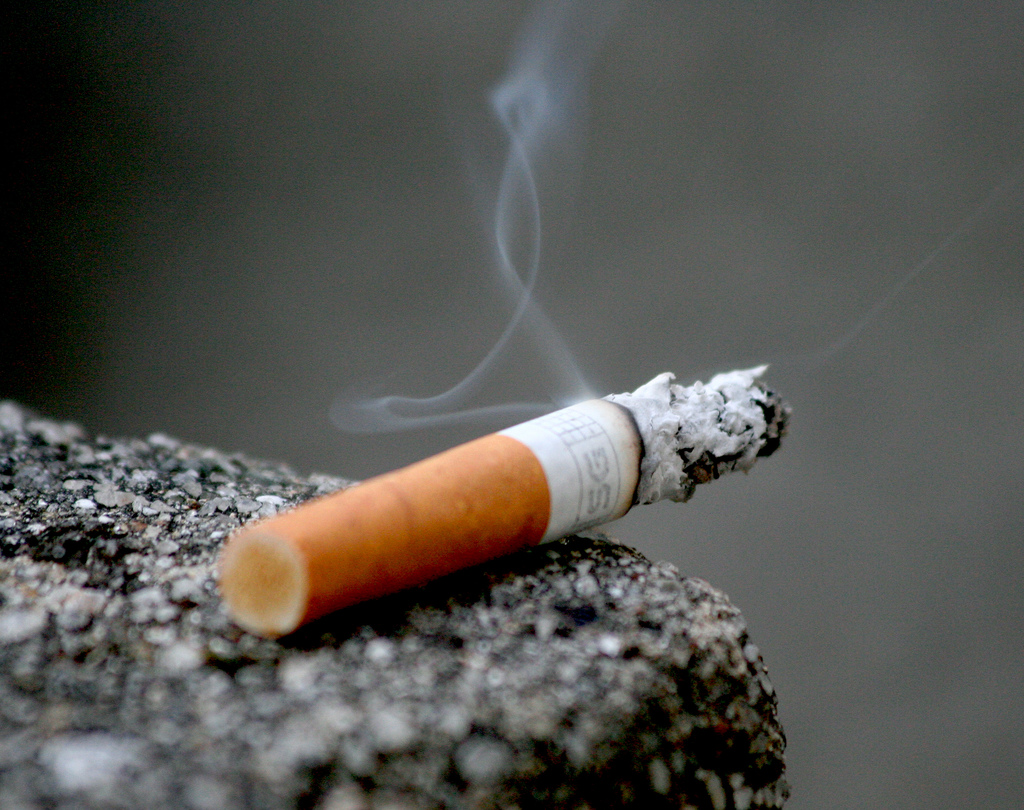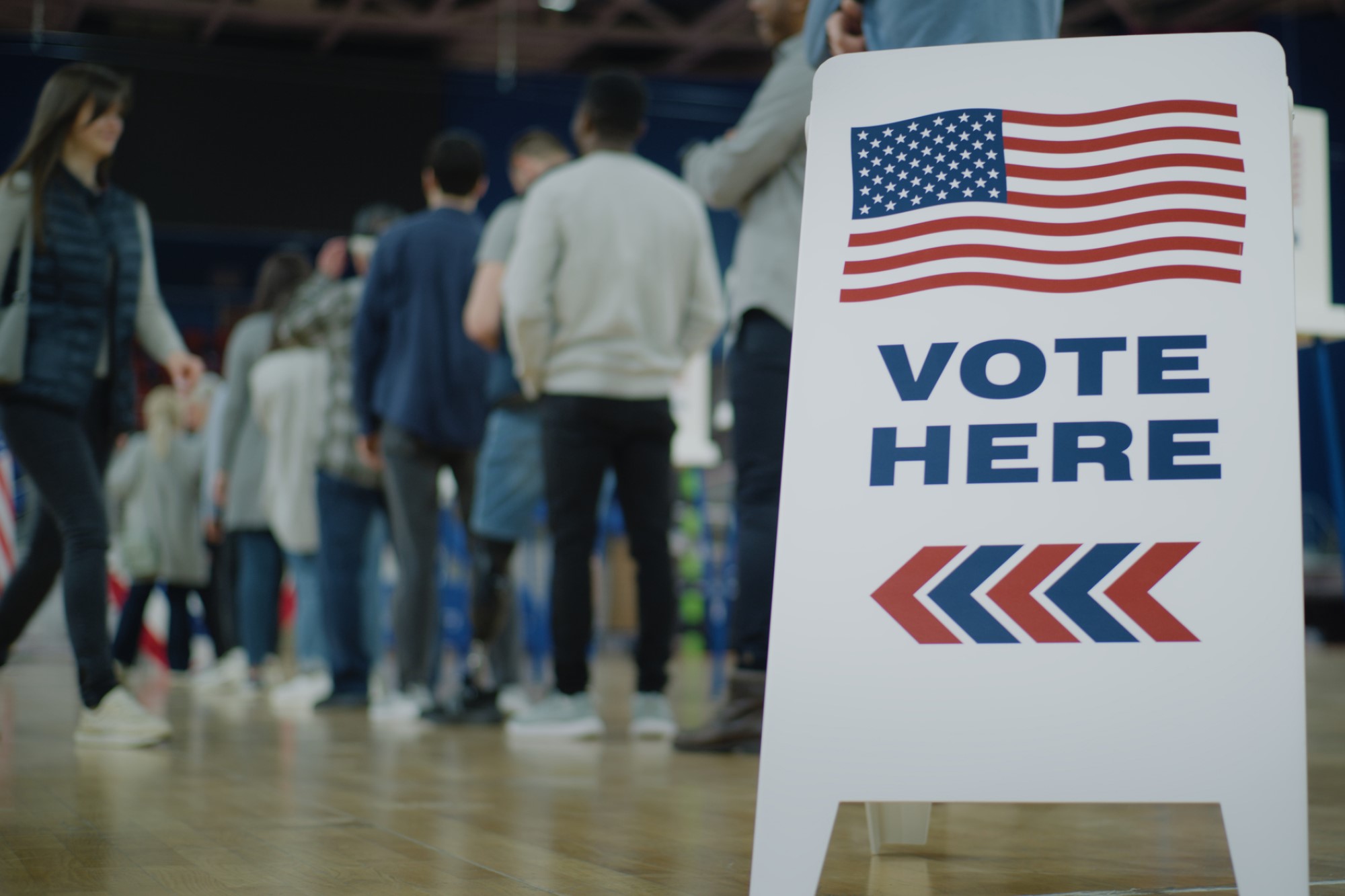The Fight to Raise Indiana’s Cigarette Tax
For the second year in a row, Indiana legislators have introduced and advanced a bill that aims to raise the consumer taxes on cigarettes. In the nation, Indiana ranks 37th for the price of a pack of cigarettes, with the tax on a pack of cigarettes at less than $1. Though during the 2016 General Assembly a bill that targeted cigarettes and gasoline did not pass, H.B. 1578 is on track to make it to the governor’s table. Not only does H.B. 1578 raise cigarette taxes by $1.50, but it also aims to raise the minimum smoking age from 18 to 21. Though nobody advocates for the harmful side effects that cigarettes cause to personal and community health, what are the ethics of increasing taxes on a consumer product that is used more heavily by the poor?
Perhaps the largest supporter of a cigarette tax is The Alliance for a Healthier Indiana, made up of the Indiana Hospital Association, the Indiana State Medical Association, Anthem and the Indiana Chamber of Commerce. These organizations support the tax, because all of the revenue generated would go toward programs that prevent smoking addictions and help smokers quit. These organizations are also concerned about how smoking contributes to other illnesses, such as lung disease and heart disease. But why Indiana and why now?
According to Campaign for Tobacco Free Kids, Indiana is has the 6th highest smoking rate in the United States. In the past 10 years, over 25 states have increased their cigarette taxes, leaving Indiana in the minority of states that have not. Surprisingly, these states vastly range in political ideology, showing that a cigarette tax isn’t necessarily a partisan issue. Over one million Indiana residents were smokers in 2014, which is nearly 23 percent of the state’s population. Additionally, the percentage of pregnant smokers in Indiana was over twice that of the national average.
Some supporters don’t only point to the health detriments, but the economic benefits to raising the cigarette tax. In a recent opinion article in Lafayette’s Journal & Courier, Tom Easterday, Senior Executive Vice President of Subaru of Indiana Automotive, expressed support for a cigarette tax. Easterday states that, “A significant impediment to having a healthy community is smoking,” and stands by Subaru of Indiana Automotive’s 1994 resolution to implement a smoking-free work environment. Easterday also claims that “It is estimated that Indiana businesses lose $2.6 billion in productivity to smoking every year” and makes the argument that the new bill would greatly benefit Indiana businesses.
Many in the Indiana Legislature, including Governor Eric Holcomb, oppose the raising the cigarette tax altogether. Holcomb believes that current Indiana legislation should focus on infrastructure, and has stated that “Cigarette taxes, in my mind, [have] more to do with public health and that discussion.” Other skeptics are concerned about the fairness of such a tax and the overall effectiveness. Scot Imus, the Executive Director of the Indiana Petroleum Marketers & Convenience Store Association, believes that the tax is not only unfair to consumers, but could potentially result in a type of black market. In an interview with the News and Tribune, he expressed that, “If I wanted to I could load my van with Kentucky cigarettes, then go back to my factory where I work in Seymour or Columbus, and sell them out of the trunk of my car.” In Imus’ view, the tax would not only hurt Indiana businesses, but potentially result in an increase in illegal activity.
Additionally, sales taxes in general have been shown to hurt those in the lowest income bracket the most. A 2015 study from the Institute of Tax and Economic Policy found that sales taxes are the most regressive type of tax; in other words, “they end up taking a bigger chunk of change from people that have smaller sums of money and slower income growth.” Indiana ranked 10th in terms of states with the heaviest sales tax, and one could argue increasing the cigarette tax would only worsen conditions for those living in poverty -especially when one considers that a larger percentage of those below the poverty line smoke than those at or above it.
Though putting a tax on a consumer product might appear to be simple and straightforward, there are many parties have a stake in the price of a pack of cigarettes. H.B. 1578 is not expected to pass this session, but understanding the ethical complexities of introducing a consumer tax is useful for future state and federal legislation.





